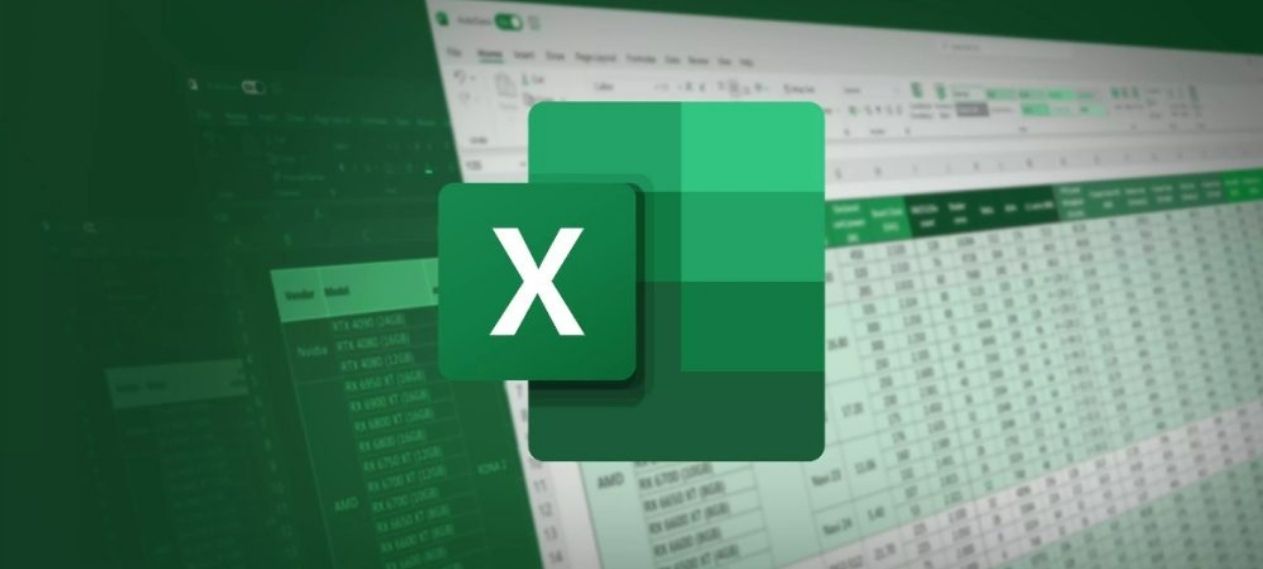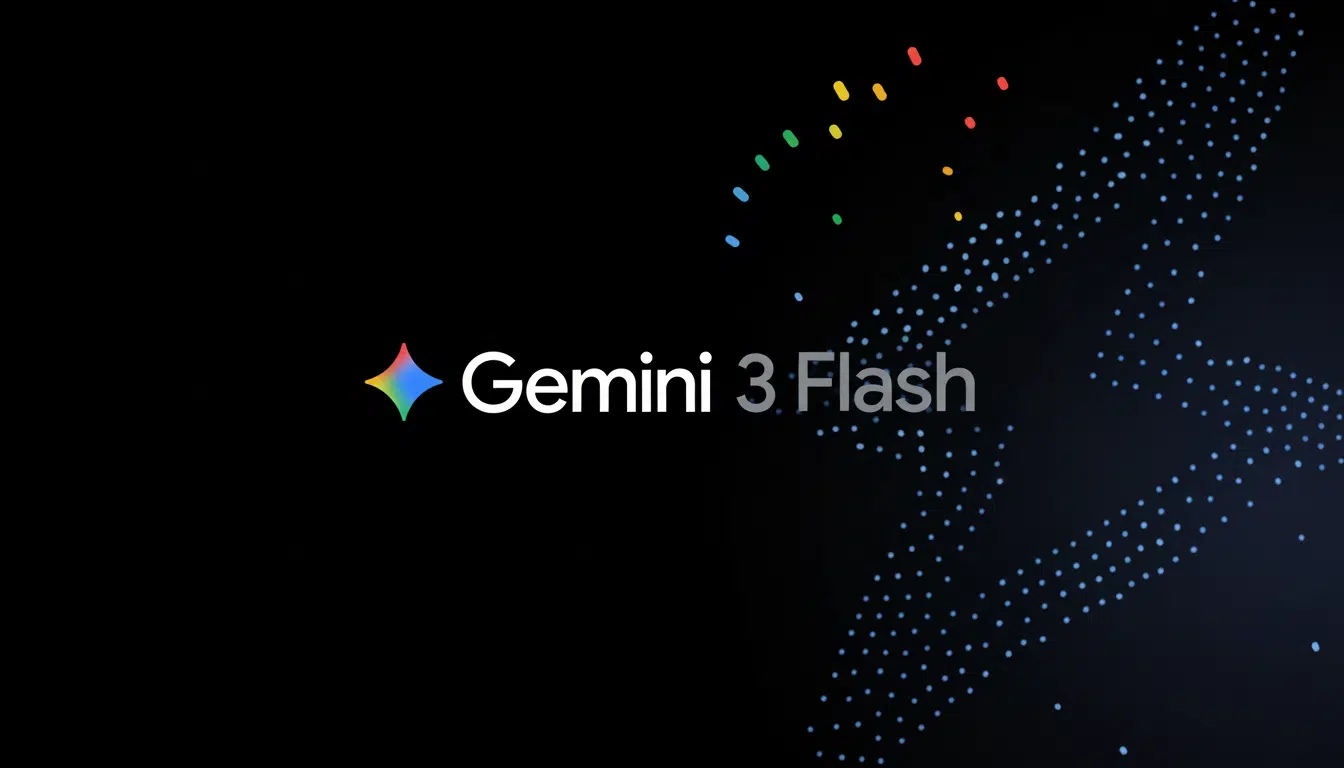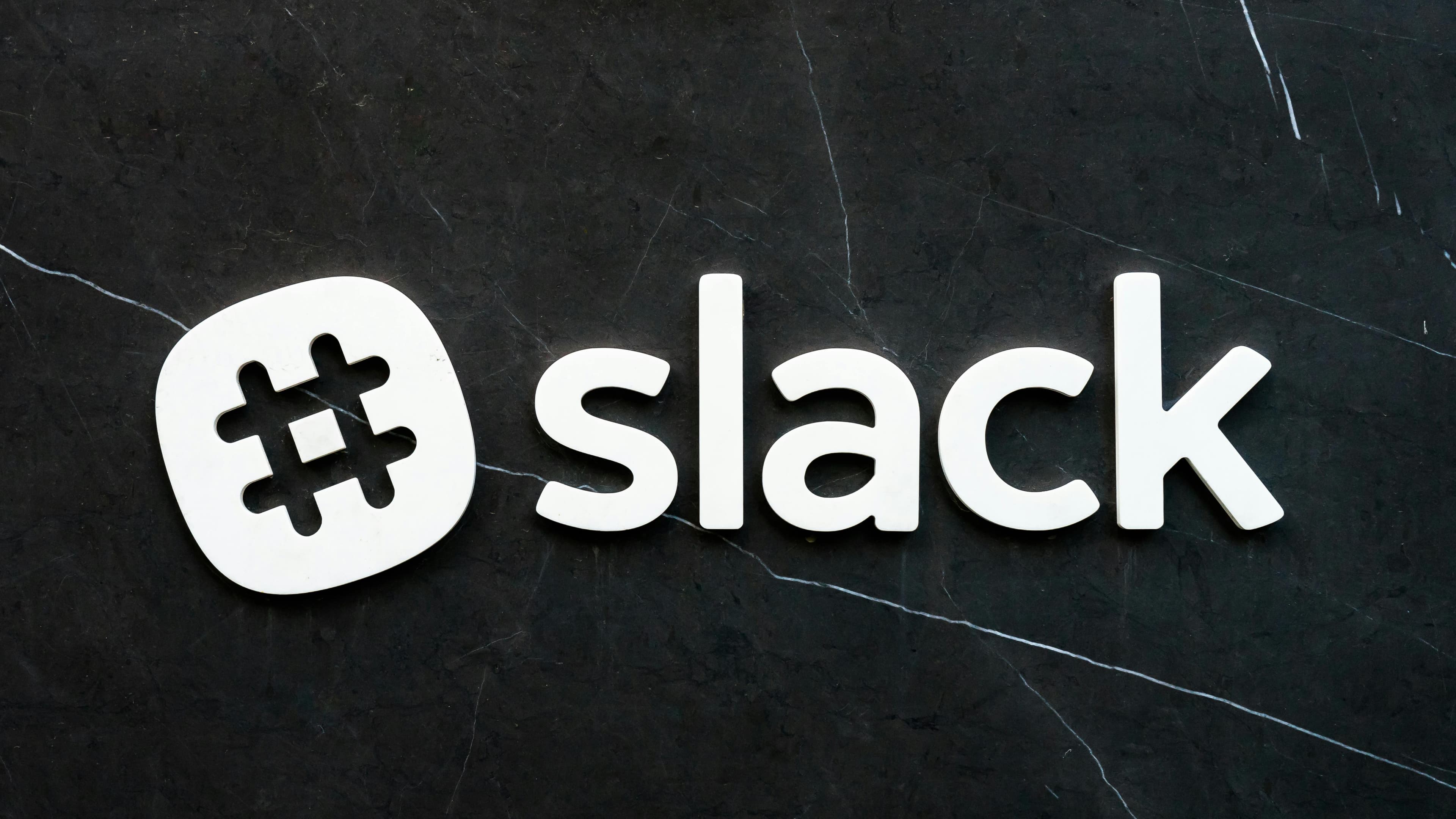Excel has come a long way since its early days. What started as a basic spreadsheet program is now the go-to tool for organizing and analyzing data worldwide. Over the years, Microsoft has added game-changing features like pivot tables, macros, and Power Query that have completely changed how people work with information.
Now, Excel is taking its biggest step forward yet with a new feature called Copilot. This AI tool works directly inside your spreadsheet cells on Windows and Mac computers, letting you skip complicated formulas and just tell Excel what you want in plain English.
The concept is simple: instead of building hard-to-remember formulas, you can type what you need using everyday language. The AI figures out what you want and gives you the results right away. When your data changes, the results update automatically without you having to do anything extra.
Microsoft has officially rolled out its latest artificial intelligence-powered assistant, Copilot AI, into Microsoft Excel, marking a major leap forward in productivity tools.
The update introduces advanced machine learning features designed to help users intelligently analyse data, automate repetitive tasks, and even fill in spreadsheet cells with context-aware predictions.
With the integration of Copilot AI, Excel now provides users with an intuitive assistant capable of understanding natural language prompts and performing complex data tasks in seconds.
Whether it is forecasting revenue, cleaning messy datasets, generating formulas, or creating pivot tables, Copilot can now help users complete these functions with minimal manual input.
For example, users can simply type a command like “Summarise sales trends for Q2 2025” or “Fill in missing data for the customer age column”, and Copilot will analyse the dataset, perform the required calculations, and populate the cells accordingly.
Key features of Excel Copilot
Intelligent cell fill: Copilot uses contextual clues and pattern recognition to fill in missing or incomplete cells. This includes everything from simple series (like dates or numbers) to more complex predictions based on historical data or related fields.
Natural language processing (NLP): Users can ask questions or give commands in plain English (e.g., “Highlight the top 5 performing products”) and Copilot translates these into Excel actions or formulas.
Automated data insights: Copilot scans spreadsheets to generate charts, summaries, and trend analyses without the need for manual setup.
Formula generation and debugging: Struggling with a complicated formula now, Copilot can write, explain, and correct formulas on the fly, helping users save time and reduce errors.
Scenario modelling: Users can ask Copilot to simulate various business scenarios, such as revenue projections based on adjustable parameters.
Built on Microsoft's AI stack
Copilot is powered by Microsoft’s Azure OpenAI Service, integrating models from OpenAI’s GPT-4o architecture.
It also leverages Microsoft Graph to draw in context from documents, emails, and calendars to deliver more personalised insights, especially for Microsoft 365 users.
According to Microsoft, all AI interactions are designed with enterprise-grade security and compliance standards, and organisations can control how data is accessed and used through administrative settings.
However, some data experts have expressed cautious optimism, noting that while Copilot is powerful, users still need to understand the fundamentals of Excel to verify Copilot’s suggestions and avoid misinterpretations.
The addition of Copilot marks a broader trend of AI-driven tools transforming traditional software into collaborative digital workspaces. Microsoft has already launched Copilot features across Word, PowerPoint, Teams, and Outlook.
Excel’s Copilot is seen as a particularly impactful innovation due to the program’s central role in data analysis, budgeting, and reporting.
Copilot for Excel is now available to Microsoft 365 commercial subscribers with the Copilot add-on license. Microsoft plans to extend availability to education and government customers in the coming months.
Like any new technology, Copilot has some restrictions right now. It can’t pull live data from the internet or access your company’s internal files. Dates show up as text instead of proper date format, and you’re limited to 100 requests every 10 minutes.
Microsoft says these limits will be relaxed in future updates, and they’re planning to add support for cloud data connections.
This update represents a major shift in how Excel works. Just like pivot tables changed data analysis in the 1990s, Copilot could transform how people use spreadsheets by making AI tools accessible to everyone, not just tech experts.
The success of this feature may push more companies to upgrade their Microsoft licenses to include Copilot access. For businesses that rely heavily on data analysis, the time savings could justify the extra cost.
Excel’s evolution from a simple calculator to an AI-powered analysis platform shows how workplace software continues to get smarter. Whether Copilot becomes as essential as other Excel features remains to be seen, but early signs point to a fundamental change in how we’ll work with spreadsheets going forward.







